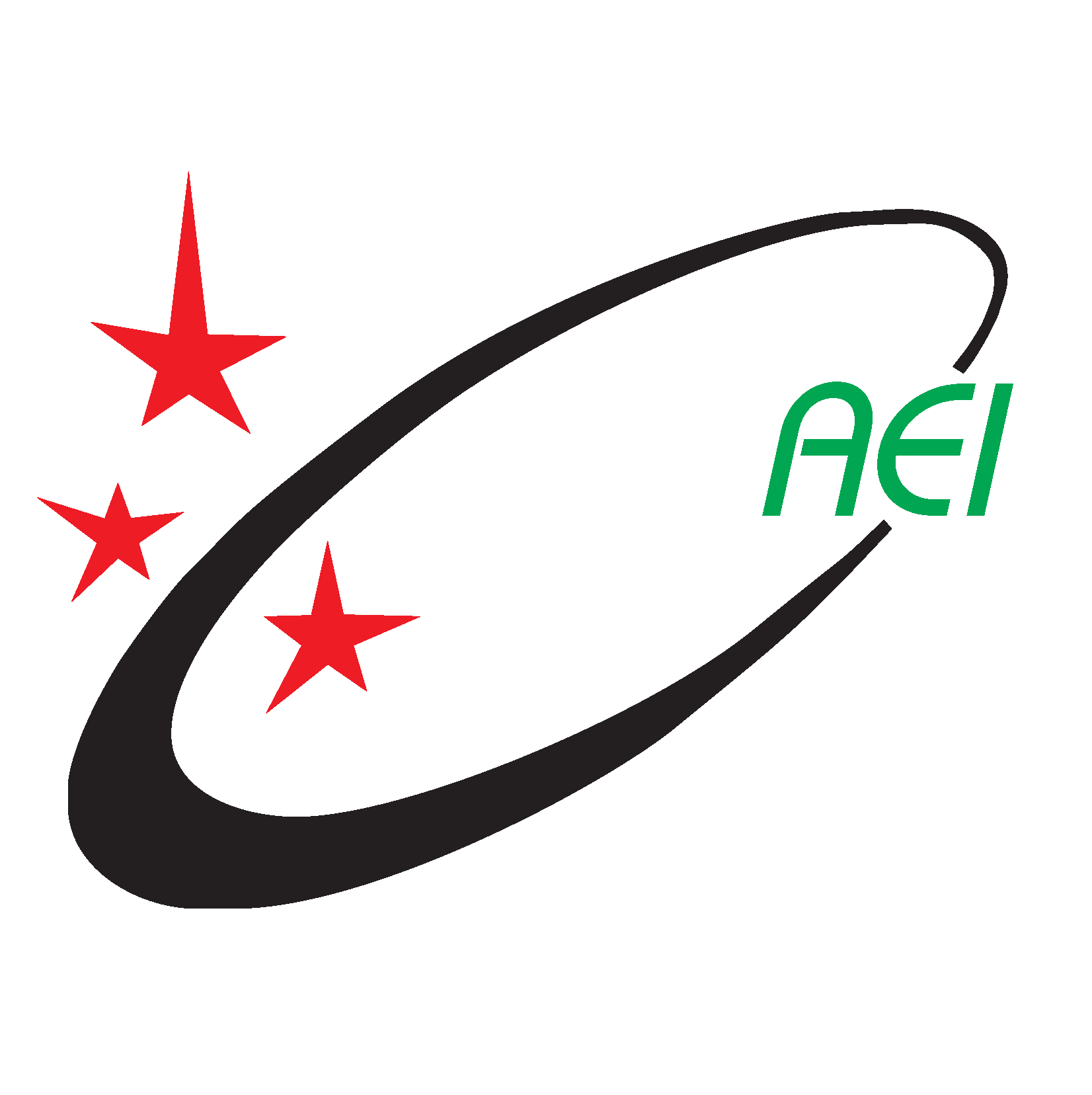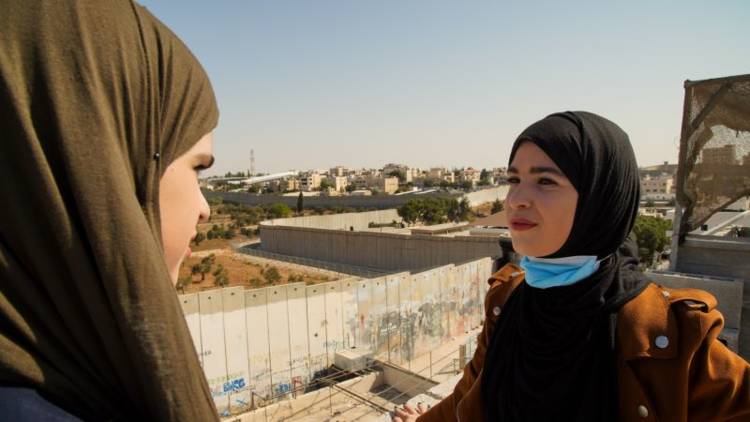CAFOD website, 12 November 2020
Bethlehem, like other Palestinian communities in the West Bank, faces many challenges.
The neighbouring Israeli settlements – illegal under international humanitarian law – encroach upon Palestinian land, the separation barrier restricts freedom of movement and the farmers’ lands are sometimes made inaccessible by restrictions imposed by the Israeli army.
Formal Israeli annexation of the West Bank may be on hold but uncertainty about the future, especially for young people, is causing deep anxiety and creeping, de facto annexation through expansion of settlements and confiscation of Palestinian land continues apace.
Samira, now a young student, lives in Bethlehem. Like many young Palestinians, Samira is eager to pursue her education – but this has not always been easy.
“A problem which caused me fear and delays and absences from class was that when going to school early morning I had to pass a military checkpoint”, says Samira.
Everyday, Samira would go through this checkpoint on her way to school. She would often be late for school or never make it in. Thankfully, Samira knew where to go for help.
The Arab Educational Institute in Bethlehem
She joined a project at her school supported by CAFOD and the European Union, which is helping encourage and empower young people to approach issues they face effectively through communication and advocacy.
“I joined our school project about non-violent communication, advocacy and sumud,” says Samira. “My teachers gave me advice about how to talk about the problem with the school counselor so as to help me in my psychological situation.”
‘Sumud’ is the Palestinian word for steadfastness and resilience. It’s an important concept to many young people living in the area – many of the stories they share embrace this sense of never giving up and of striving to create a brighter and more peaceful future for themselves and their families.
Sumud is also very much about values of respect, rights and dignity, and is an integral part of the project Samira joined. This innovative project, implemented by CAFOD’s partner the Arab Educational Institute in Bethlehem, engages with young Palestinians in Bethlehem and Hebron in the south of the occupied West Bank and trains and equips them to be leaders in their communities. Young people build their skills in advocacy, communications and gain new knowledge about international law – especially on those UN Security Council resolutions which focus on the role of women and young people in building a secure and just peace.
What did Samira and other young Palestinians learn?
Their newly learned skills help them to argue their case articulately in front of local and international audiences and demand change from local leaders. To date, these young people have successfully lobbied for rehabilitation work to be carried out at their schools, more effective waste management in their communities, for support to local Palestinian producers and even contributed towards making a case for the provision of a new health clinic in their village.
Sumud’s stress on social and political justice also implies that women should have equal rights in Palestinian society. Some of the stories told by the young women are powerful testimonies of how they have successfully challenged traditional views in their families which had limited their potential to flourish.
As well as learning about how young Palestinians can contribute in practical ways to strengthening their society, they also learn about how they can foster a sense of inner peace, not just for themselves but for all. They learn that they can make a valuable contribution, that change is possible and, in this way, counter the prevailing despair in Palestinian communities.
The stories coming out of this project are being developed into a series to be shared on Instagram as a way of inspiring even more young people to take action in support of their communities.
Samira says the project helped her learn how to talk about the challenges she faces, and even gave her the opportunity to discuss the issues with the police stationed at the Palestinian side of the checkpoint.
“Most importantly, the police participated in our workshops and training sessions,” Samira said. “They helped me and other classmates to cross the checkpoints and other barriers. My school delays and absences stopped. My fears and feelings of shock have decreased”.
“With trust, credibility and determination we can reach the goal”.
This project is funded by the European Union. The project supports the European Union’s ambition to promote a negotiated settlement of the conflict and seeks to equip young people to be changemakers through non-violent action for peace. Its contents are the sole responsibility of CAFOD and do not necessarily reflect the views of the European Union.

